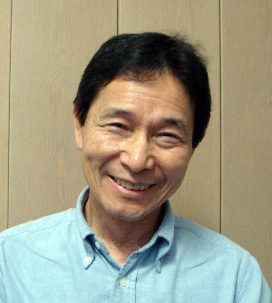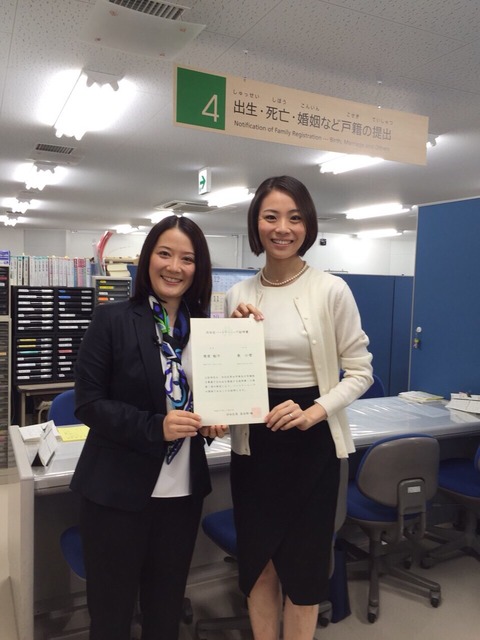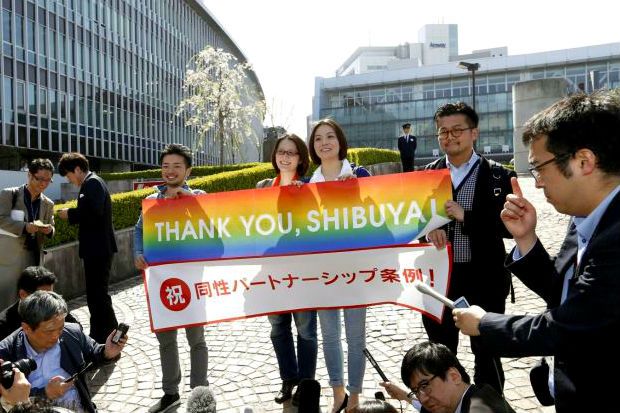Memo #393
By: Yasuo Takao – Y.Takao [a] curtin.edu.au

In Japan, there was a history of open homosexuality as described in literary evidence dating back from the Heian period (794 – 1185). But in the present day, the Japanese legal system has continually ignored sexual minority issues, while not explicitly criminalizing homosexual behavior (except for the keikan (sodomy) code of 1872 – 1880 that was in essence imported from Western codes). In the 1990s, Japanese gay and lesbian activists, such as The Society of Gay and Lesbian Activists, deliberately tried to move sexual minority issues from an area of ‘traditional tolerance’ to legal recognition. While the public in some countries, such as the United States, are evenly divided over the morality issue of homosexuality, Japan’s public opinion on this issue generally remains conservative. This in turn means that national policy makers have generally been indifferent, rendering policy inertia the modus operandi. For example, the ruling Liberal Democratic Party responded to a survey in 2014 with a statement that no intervention was necessary to protect the rights of LGBT. However, the national government’s disinterest created opportunities for local governments and NGO policy entrepreneurs to produce innovative policies to ensure each the LBGT communities’ diverse lifestyles.
In this context, Shibuya Ward’s adoption of a same-sex partnership policy in March 2015 was a landmark innovation. Rather than attempt to re-shape residents’ moral values by pushing for legalization of same-sex marriage, the Shibuya Ward government reframed the issue of LGBT rights as one of right to material benefits (e.g. co-signing for tenancy to live in the same housing, family visitation rights in hospitals, etc.) and began issuing “partnership certificates” that would allow for access to the same resources. Several other places have been inspired to adopt the same legislative approach (e.g. Takarazuka City, Setagaya Ward -Tokyo).
But the future of LGBT rights in Japan has not been resolved. As the levels of public acceptance toward homosexuality continues to increase in Japan, national groups opposed to gay and lesbian rights, such as Nippon Kaigi, have become more vocal in attempts to reframe the debates in moral terms. At the same time, Japanese domestic LGBT groups are increasingly working with international non-governmental organizations and use global benchmarks to counteract such reactions. With changing opportunity structures, new lines of contestation and policy strategies are emerging.
About the Author:
Yasuo Takao is Senior Lecturer of Political Science at the Department of Social Sciences and Security Studies, Curtin University. His current research interest resides in the area of societal transnationalism at the grassroots level in Japan. His latest publication is Japan’s Environmental Politics and Governance: From Trading nation to Eco-Nation (Routledge 2016).

Koyuki Higashi and her partner posing with the Same-Sex Partner Certificate they received from Shibuya ward, November 5, 2015. (Source: Koyuki Higashi)

The decision by district assembly to recognize same-sex partnerships in 2015 was greeted by members of Shibuya’s LGBT community who unfurled a banner saying “Thank you, Shibuya” after the news was announced. (Source: thestar.com)
Links
- Yasuo Takao, “The Politics of LGBT Policy Adoption: Shibuya Ward’s Same-Sex Partnership Certificates in the Japanese Context,” Pacific Affairs 90, no. 1 (2016): forthcoming.
- Kenji Tsuji, “Progressive Tokyo ward kicks off regular LGBT meet-ups,” Asahi Shimbun, December 28, 2016.
- Shusuke Murai, “Tokyo’s Shibuya and Setagaya wards issue first same-sex partnership papers,” Japan Times, November 5, 2015.
- Hideki Ishihara, “Nihon ni okeru dōseiai ni taisuru kanyō no kakudai” [Increasing levels of tolerance toward homosexuality in Japan], Sōkan Shakaigaku [Komaba Studies in Society] 22 (2012): 23-41 (Japanese). 石原英樹「日本における同性愛に対する寛容性の拡大:「世界価値観調査」から探るメカニズム」『相関社会科学』22(2012): 23-41.
- Donald P. Haider-Markel and Kenneth J. Meier, “The politics of gay and lesbian rights: expanding the scope of the conflict,” Journal of Politics 58, no. 2 (1996): 332–349.
- Nagayasu Shibun, “Kisha konomi no ‘LGBT aiwa’ o koete” [Beyond ‘LGBT sad stories’ that reporters too often rely on] Yomiuri Shimbun, December 21, 2016 (Japanese). 永易至文「記者好みの「LGBT哀話」を超えて~世田谷区のアンケートを読む」『読売新聞』December 21, 2016.
Related Memos:
See our other memos on Japan.